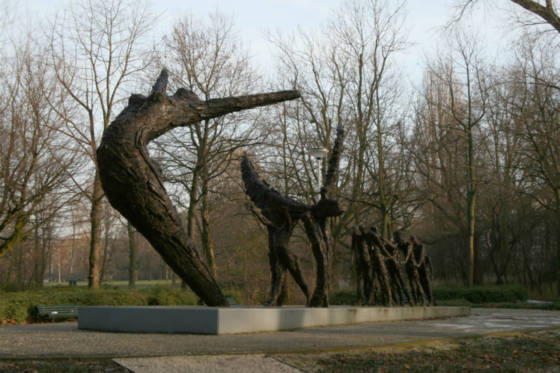Dutch to apologise for role in slavery in December: NOS


The Dutch government will make a formal apology for the Netherlands’ role in slavery on December 19 at eight different locations worldwide, sources in The Hague have told broadcaster NOS.
The apology, which has been hinted at for several months, will be made by prime minister Mark Rutte in the Netherlands and by cabinet ministers in Suriname and the six Caribbean islands which are still or used to be under Dutch rule, NOS said.
Next year it will be 150 years since the Netherlands abolished slavery.
The government had earlier agreed to put €200 million into an educational fund which will focus on boosting awareness of slavery and €27 million has been allocated to a dedicated museum.
Meanwhile, new research by I&O indicates that public opposition to an apology is shrinking.
At the start of last year, 31% of those polled said they backed the move, but 55% were against. The number of supporters for an apology has now risen to 38%, while opponents are no longer in the majority at 49%.
Two thirds of people with a background in Suriname or the Antilles support an apology, as a ‘sign of recognition’, I&O said.
Cities
The Hague’s mayor Jan van Zanen was the last of the four big city mayors to apologise for slavery earlier this week. The Dutch central bank, ABN Amro bank and the cities of Rotterdam, Utrecht and Amsterdam have all apologised for their role in slavery within the past few years.
Slavery was finally abolished in the former colonies of Suriname and the Dutch Antilles on July 1,1863.
Slavery and the Netherlands: what you need to know
However, slaves in Suriname were only fully freed in 1873, since the law stipulated that there was to be a mandatory 10-year transition period. Owners were also paid compensation of 300 guilders for every enslaved person they released.
At its height in the 1770s, slavery generated over 10% of the gross domestic product of Holland, the richest of the seven Dutch provinces which made up the republic, according to social history researchers.
The income from the tobacco trade, sugar processing and shipbuilding was boosted by the use of slave labour used to grow crops on plantations, according to researchers at the International Institute for Social History.
Other professions, such as notaries and bankers, also benefited from slavery. As a whole, slavery generated some 5.2% of the Netherlands’ GDP – just slightly less than the proportion generated by Rotterdam port today.
Thank you for donating to DutchNews.nl.
We could not provide the Dutch News service, and keep it free of charge, without the generous support of our readers. Your donations allow us to report on issues you tell us matter, and provide you with a summary of the most important Dutch news each day.
Make a donation